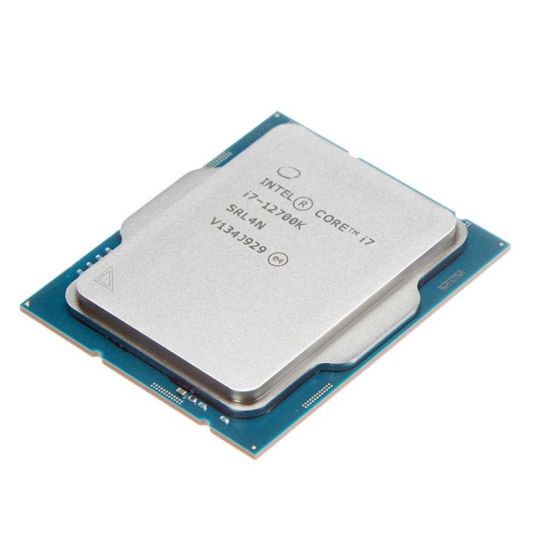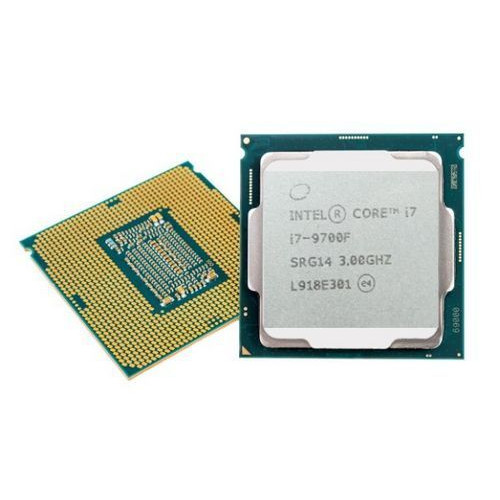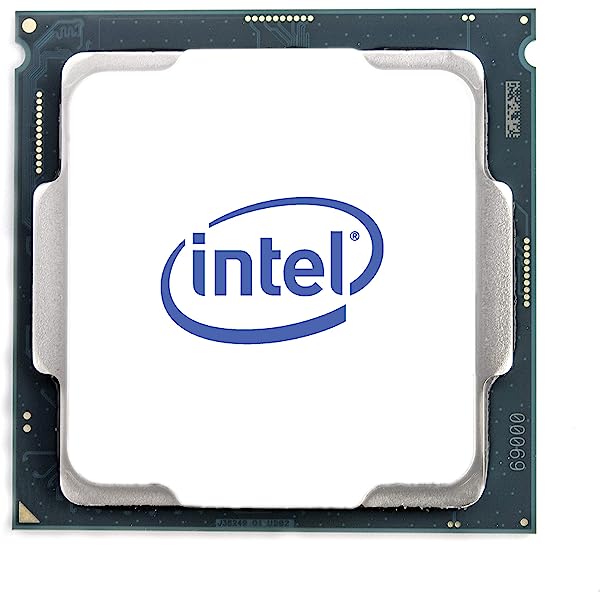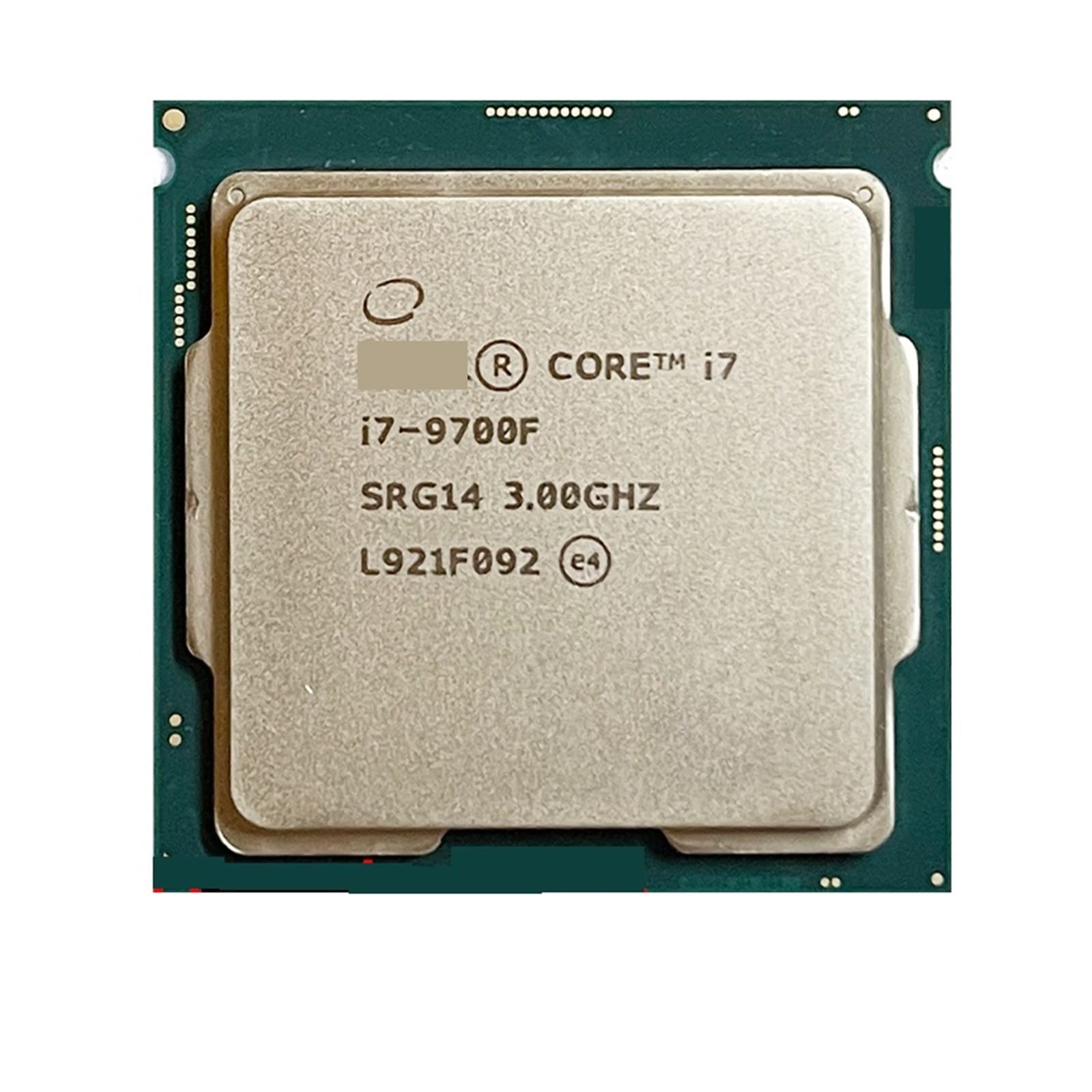In the ever-evolving landscape of computing technology, the Intel Core i7-9700F processor, once a leading contender in the high-performance CPU market, finds itself at a crossroads in 2023. Launched as part of Intel’s 9th generation lineup, it touted significant enhancements over its predecessors and appealed to both gamers and productivity-focused users alike. But as the computing world moves forward, assessing how this CPU holds up becomes crucial for users considering their hardware options. This article delves into the performance benchmarks of the i7-9700F, compares it with current processors, examines its viability for contemporary applications, and evaluates its cost-to-performance ratio.
Performance Benchmarks in Modern Context
Efficiency and Processing Power
The i7-9700F operates with 8 cores and 8 threads, a configuration that offers a solid foundation for handling multi-threaded applications and multitasking. With a base clock speed of 3.00GHz and the ability to turbo boost up to 4.70GHz, this processor manages to deliver robust performance for most tasks. Despite lacking Hyper-Threading technology, the i7-9700F remains competent for a wide range of activities, including gaming, content creation, and everyday productivity.
Gaming and Creative Workloads
Gaming performance in 2023 is more demanding than ever, with titles requiring high framerate stability alongside the capability to handle complex simulations and AI behavior. The i7-9700F, when paired with a high-end graphics card, still holds up reasonably well for gaming at 1080p and 1440p resolutions. For creative workflows, including video editing and 3D rendering, the CPU performs admirably, though newer CPUs with more threads may offer better efficiency for specific tasks.

Comparison with Current Generation Processors
Evolution of CPU Technology
Since the debut of the i7-9700F, advancements in semiconductor technology have led to CPUs with improved performance, greater energy efficiency, and enhanced integrated graphics. Current generation processors from both Intel and AMD offer significant boosts in multitasking capabilities and power efficiency due to increased core and thread counts, and advancements in manufacturing processes.
Standing Against Ryzen and Newer Intel Models
When compared to AMD’s Ryzen equivalents and Intel’s own newer models, the i7-9700F faces stiff competition. AMD’s Ryzen series, known for its superior multi-threading performance, might outperform the i7-9700F in heavily threaded tasks. Intel’s 10th and 11th generation CPUs, with their improved architecture and Hyper-Threading across all models, also pose a challenge, offering more versatile performance capabilities.

Suitability for 2023’s Computing Demands
Applicability in Professional and Casual Use
For professional users, the i7-9700F can still handle a majority of computing tasks efficiently. Its 8-core setup ensures reliability in running demanding software suites for graphic design, video editing, and software development. Casual users and gamers will find the processor more than capable of delivering a smooth computing experience, though future-proofing becomes a concern as more software and games begin to leverage higher core and thread counts.
Longevity and Upgrade Considerations
One of the pivotal considerations for users in 2023 is the longevity the i7-9700F offers. As applications continue to evolve, the absence of Hyper-Threading might limit the processor’s ability to keep up with future software optimizations for multi-threading. Users planning on extensive multitasking or using heavily threaded applications may need to consider more recent CPU models for better future-proofing.

Cost-to-Performance Evaluation
Affordability for Performance Seekers
The i7-9700F presents an attractive proposition for budget-conscious users seeking performance. As newer CPUs enter the market, the price of the i7-9700F has become more appealing, making it a cost-effective option for those who do not require the absolute latest in technology but still demand robust performance.
Considering the Total System Cost
When factoring in the total cost of a system build, the i7-9700F’s compatibility with a wide range of motherboards and its reasonable power requirements allow for savings in other areas of the build. Users can allocate more budget towards faster memory, better storage solutions, or a more powerful graphics card, balancing overall system performance with cost.

Adapting to New Software Trends
As we venture deeper into 2023, software development trends increasingly lean towards leveraging the capabilities of more advanced multi-core and multi-threaded CPUs. This evolution can put processors like the i7-9700F at a slight disadvantage, especially when facing tasks optimized for a higher number of threads. Despite this, the i7-9700F’s solid base and boost clock speeds ensure that it remains competent for a vast majority of current software applications. Particularly in scenarios where single-thread performance is paramount, this CPU still shines, demonstrating its resilience in tasks such as gaming and general productivity software that may not fully utilize beyond its 8-core architecture.

Environmental Considerations and Power Efficiency
In an age where energy efficiency and environmental considerations play an increasingly important role in technology choices, the i7-9700F presents a mixed picture. Its thermal design power (TDP) of 65W is relatively modest by high-performance CPU standards, indicating reasonable power consumption under load. However, compared to the latest CPUs that benefit from more efficient architectures and smaller nanometer fabrication processes, the i7-9700F is no longer at the forefront of energy efficiency. For users concerned with power consumption and heat generation, particularly those in environments where cooling or electricity costs are critical, the trade-offs of using a previous-generation processor become more pronounced.
Community and Developer Support
One often-overlooked aspect of selecting a CPU is the level of community and developer support it receives. Although the i7-9700F is not the latest model, it benefits from being part of Intel’s well-established ecosystem. This includes extensive documentation, active user forums, and broad compatibility with a wide range of software and hardware due to its established presence in the market. For users who may not be on the cutting edge but still require a stable and well-supported platform, the i7-9700F offers a compelling argument. Furthermore, developers often optimize software for a wide array of hardware, including older generations, ensuring that the i7-9700F remains a potent choice for a variety of applications, from commercial software to gaming.
In conclusion, the Intel Core i7-9700F @ 3.00GHz processor stands as a compelling option in 2023 for users who prioritize performance without breaking the bank. While it may not boast the cutting-edge technology of the latest CPUs, its core strengths in processing power, gaming, and creative workload handling remain relevant. For users with specific high-end needs or those looking for a processor with long-term viability, exploring newer-generation CPUs might be advisable.


